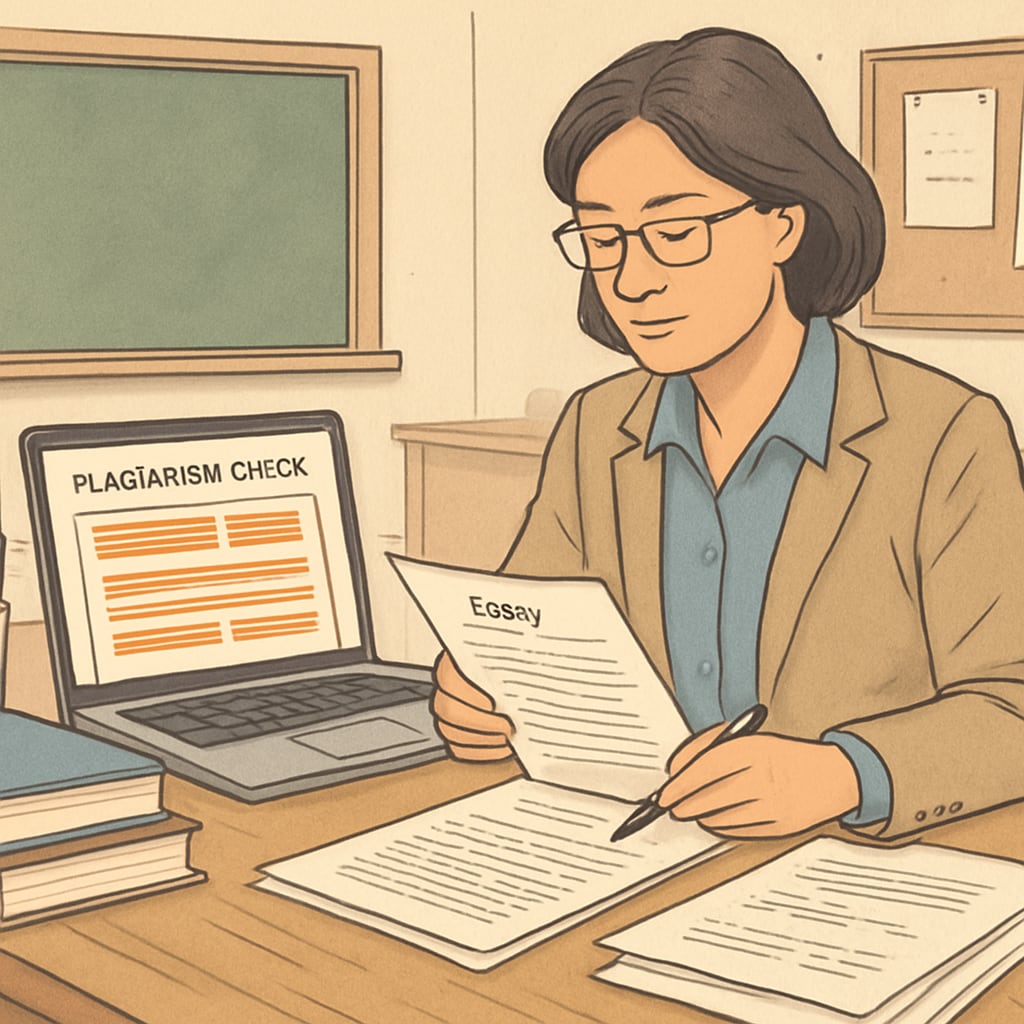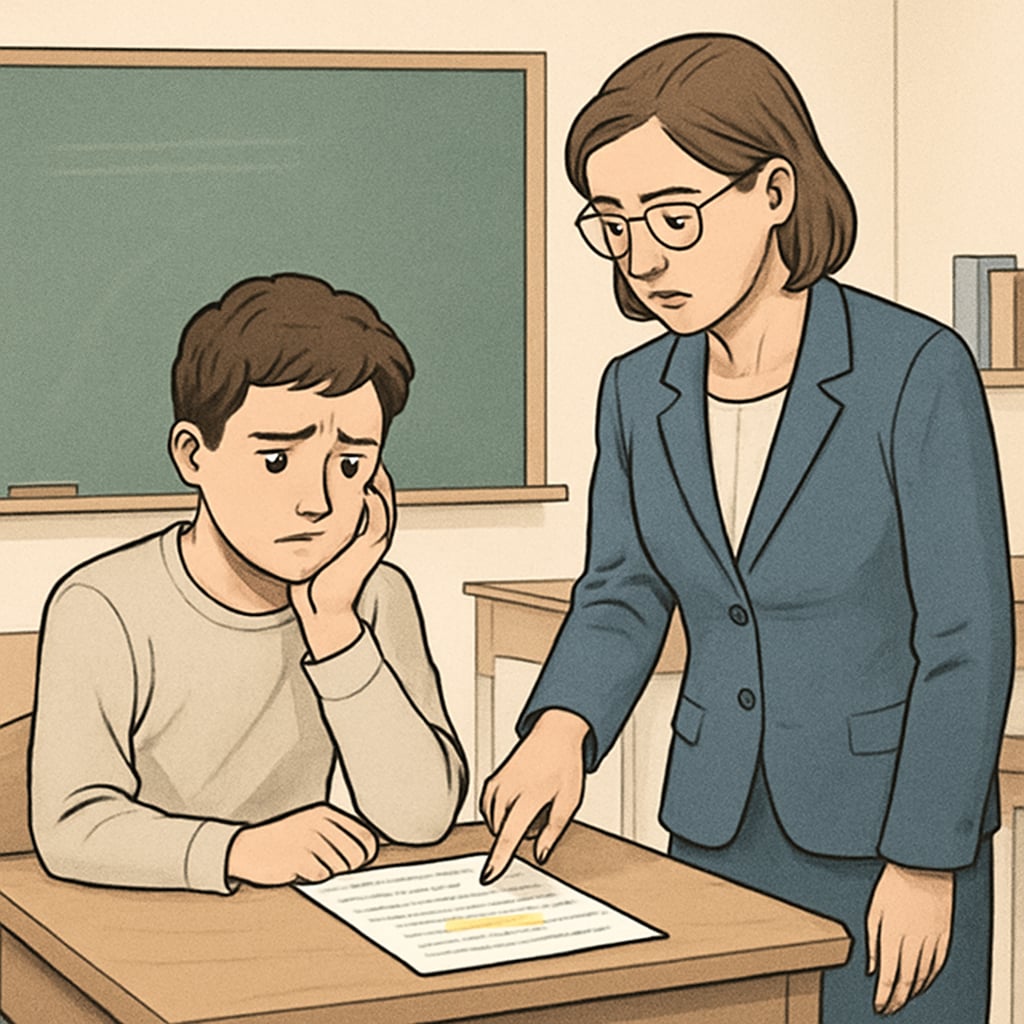In the K12 educational landscape, accusations of plagiarism are often seen as necessary to uphold academic integrity. However, when professors or teachers falsely accuse students of plagiarism, the consequences can be far-reaching. These incidents not only harm a student’s confidence and reputation but also strain the teacher-student relationship and cast doubt on the fairness of academic systems. The issue of false plagiarism accusations deserves careful reflection, especially as it touches on the core values of trust, equity, and integrity in education.
Understanding the Causes of False Plagiarism Accusations
Plagiarism is a serious offense, and educators are right to guard against it. However, false accusations often arise due to misjudgment, overzealousness, or inadequate verification. For example, some educators may rely heavily on plagiarism detection software without considering its limitations. These tools, while useful, are not infallible—they can flag common phrases or previously published content incorrectly. In addition, biases or preconceived notions about certain students can influence a teacher’s judgment, leading to unfair suspicions.
Another contributing factor is the lack of clear guidelines on what constitutes plagiarism. Students, especially those in K12 settings, may unknowingly fail to cite sources properly due to inexperience or lack of instruction. Educators, in turn, may interpret these mistakes as intentional dishonesty rather than opportunities for learning. This misalignment in expectations can create unnecessary conflict.

The Impact on Students and Teacher-Student Relationships
False accusations of plagiarism can have a profound psychological impact on students. Being wrongly accused can erode their self-esteem and make them question their abilities. For younger students, this can lead to disengagement from learning and a fear of expressing their ideas. As a result, their academic confidence suffers, and they may become reluctant to take intellectual risks in the future.
Moreover, such accusations damage the trust between teachers and students. Trust is foundational to effective learning environments, and when students feel unfairly targeted, they may become resentful or defensive. This breakdown in communication can hinder collaboration and create a hostile classroom atmosphere. Over time, it can also damage the teacher’s credibility, as students may perceive them as unjust or overly punitive.

Promoting Fairness in Academic Integrity Policies
To prevent false accusations and promote fairness, schools need transparent academic integrity policies that emphasize education over punishment. For instance, educators should be trained to evaluate plagiarism cases holistically rather than relying solely on automated tools. They should also provide students with clear guidelines on proper citation practices and offer constructive feedback when mistakes occur.
In addition, schools can implement peer-review systems or conduct workshops on academic honesty to foster a culture of mutual accountability. Encouraging open dialogue about academic integrity helps students understand its importance while giving them the tools to uphold it. These proactive measures can significantly reduce misunderstandings and false accusations.
Conclusion: Upholding Integrity Through Fairness
False plagiarism accusations in K12 education highlight the need for a balanced and reflective approach to academic integrity. While protecting the values of honesty and originality is essential, it is equally important to ensure that students are treated fairly and given the benefit of the doubt. By fostering transparency, providing education on proper research practices, and maintaining open communication, educators can build a system that upholds integrity without compromising trust or fairness.
Ultimately, the goal of academic integrity should be to guide and inspire students, not to punish them unfairly. When educators approach plagiarism accusations with care and understanding, they set an example of the very values they seek to instill—integrity, empathy, and respect.
Readability guidance: This article uses concise paragraphs, lists actionable recommendations, and incorporates transition words to improve flow. The language is accessible yet professional, balancing clarity with depth. Passive voice has been minimized, and overlong sentences are avoided to ensure readability.


